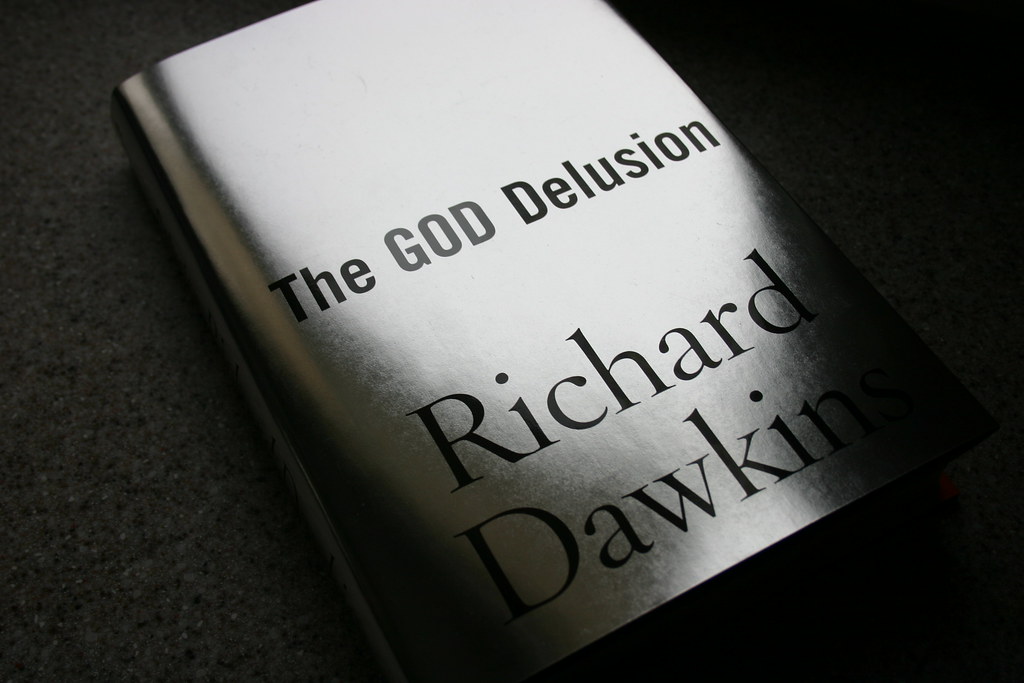A logical conclusion by definition is one that can be reached by looking at cold facts, considering distinct possibilities, and coming to a likely conclusion based on the two together. If you can’t prove a particular viewpoint, belief or opinion is the one and only correct one via cold facts, then you cannot by rights call it logical. That said, the most logical choice between atheism and agnosticism will always be agnosticism.
Although many believe that atheism is a belief system that a person chooses because they eschew faith and operate on logic alone, it is in truth as absolute a stance on an inherently illogical topic as any form of theism is. Just as theists believe beyond the shadow of any doubt that there is a God, atheists believe just as strongly that there isn’t one. Neither is actually able to prove to anyone outside their belief system that they are correct. Therefore, atheism isn’t any more logical at its core than theism is.
Conclusions about whether or not God exists
Agnostics, on the other hand, don’t draw any definitive conclusions about whether or not God exists. They choose to adopt a more neutral stance to the whole matter. When it comes to something as vague and up-for-interpretation as spirituality is, that’s truly a much more sensible, logical approach to the matter.
 Contrary to popular belief, most agnostics are not “confused” or still deciding what it is that they believe. They simply accept the cold, hard fact that God’s existence or non-existence can’t be proven either way and are perfectly comfortable with that being the only true fact there is when it comes to religion. Some even consider any possible God to be so far beyond human understanding that it’s not even prudent to try to prove he exists or not. Agnosticism is at its core a very valid and logical belief system in and of itself because it acknowledges the simple fact that no human will ever be able to prove God does or does not exist.
Contrary to popular belief, most agnostics are not “confused” or still deciding what it is that they believe. They simply accept the cold, hard fact that God’s existence or non-existence can’t be proven either way and are perfectly comfortable with that being the only true fact there is when it comes to religion. Some even consider any possible God to be so far beyond human understanding that it’s not even prudent to try to prove he exists or not. Agnosticism is at its core a very valid and logical belief system in and of itself because it acknowledges the simple fact that no human will ever be able to prove God does or does not exist.
The thing is it’s called “faith” for a reason.
Faith by definition isn’t based on logic. It’s about something much deeper and more instinctual than that. Spiritual and religious people believe that God exists, but they do not and cannot know. Likewise, atheists do not and cannot know that he doesn’t exist, so it can be said that they also possess a form of faith. Atheists and theists have more in common in this way than they may otherwise think.
Only the agnostic takes faith and “maybe” out of the equation altogether when deciding what they do and do not believe about God’s existence. It is the agnostic alone that is truly only looking at the facts and drawing their spiritual worldview based on those and nothing else.






